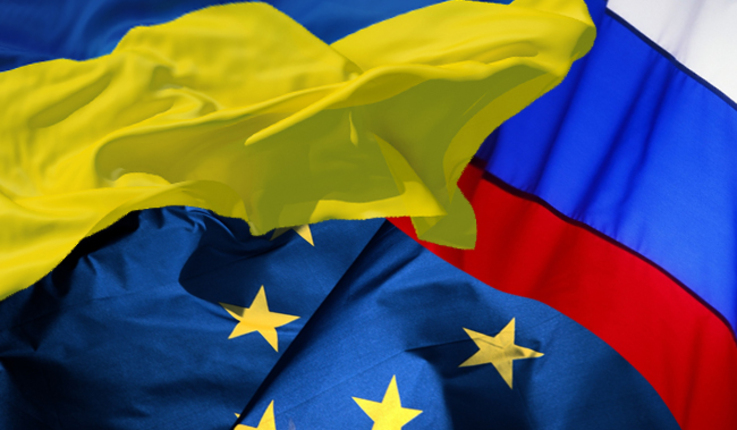A major new study has uncovered deep ideological fissures across Europe in support for Ukraine's resistance against Russian aggression. The survey of 269 political parties in 29 European countries, conducted in mid-2023 by researchers at the University of North Carolina, reveals that populist and EU-skeptic parties are far more reluctant to back policies aiding Kyiv.
There is real contestation within countries over support for Ukraine. While there appears to be a rally round the flag in the West against Russian revanchism, the data shows this masks an intense partisan divide over concrete measures like sending weapons, accepting refugees, supporting EU membership for Ukraine, or paying higher energy costs.
The research, based on an expert survey of the stances taken by parties from April to June 2023, finds that 97 out of 269 parties reject one or more key pro-Ukraine policies. 49 parties oppose supporting Ukraine outright, while another 46 attest only weak backing.
At the heart of this split is ideology. Controlling for other factors like foreign policy alignment and economic dependence on Russian gas, the researchers found that the more populist or EU-skeptic a party is, the more it opposes aiding Ukraine. Populist rhetoric and anti-EU positioning together explain 64% of the variation in party support for Kyiv.
The results show that populists tend to be suspicious of outgroups and foreign entanglements that they perceive as diverting resources from 'the people'. For many EU-skeptics, mobilizing European institutions behind Ukraine strengthens the supranational liberal order they oppose.
The study reveals this ideology effect holds even after controlling for the baseline conservative-progressive orientation of parties. Past examples of cooperation with Moscow among populist right parties like Italy's Brothers of Italy or anti-EU forces in France and Germany are reflected in systematic current opposition to measures backing Ukraine.
The evidence outlined in the research suggests EU-skeptic and populist parties, when freed from government responsibility, are incentivized to take more extreme positions contesting Western unity over Ukraine's resistance. Strikingly, the researchers find that when populist and EU-skeptic parties do participate in government, they dramatically moderate their stance - suggesting external pressures from allies and coalition politics compel pragmatic compromise.
This illuminates the course of Italy's Giorgia Meloni, who as opposition leader praised Putin's 2018 re-election, but now firmly backs military aid as Prime Minister. It also aligns with Poland's EU-skeptic Law and Justice party taking a hawkish line while in government that may soften after its recent election loss.
Beyond ideology, the study confirms that direct geographical exposure to past Soviet aggression does shape party positioning. Parties in formerly occupied nations like the Baltics are markedly more supportive of supplying Ukraine with arms.
The Baltic states—Estonia, Latvia, and Lithuania—have consistently shown strong support for Ukraine amid its ongoing war with Russia. These nations have not only engaged in political backing but have also contributed significantly through military aid and strategic commitments. For example, Lithuania has pledged $200 million in military aid, encompassing armored command post vehicles and ammunition. This support is crucial as it reinforces Ukraine's defense capabilities against Russian aggression.
While this security threat factor is highly significant, it accounts for just 3% of the overall variance in party stances. In contrast, the populist/EU-skeptic ideological rift cutting across Europe emerges as by far the most powerful driver of disunity over aiding Ukraine's war effort.
Recently European aid to Ukraine has surpassed that of the US, with commitments amounting to significant financial support aimed at bolstering Ukraine's defense and aiding its recovery and modernization efforts.
Related:
[Belgium investigates Russian interference in EU election][President Zelenskyy and European People's Party chief discuss key issues in Kyiv]

